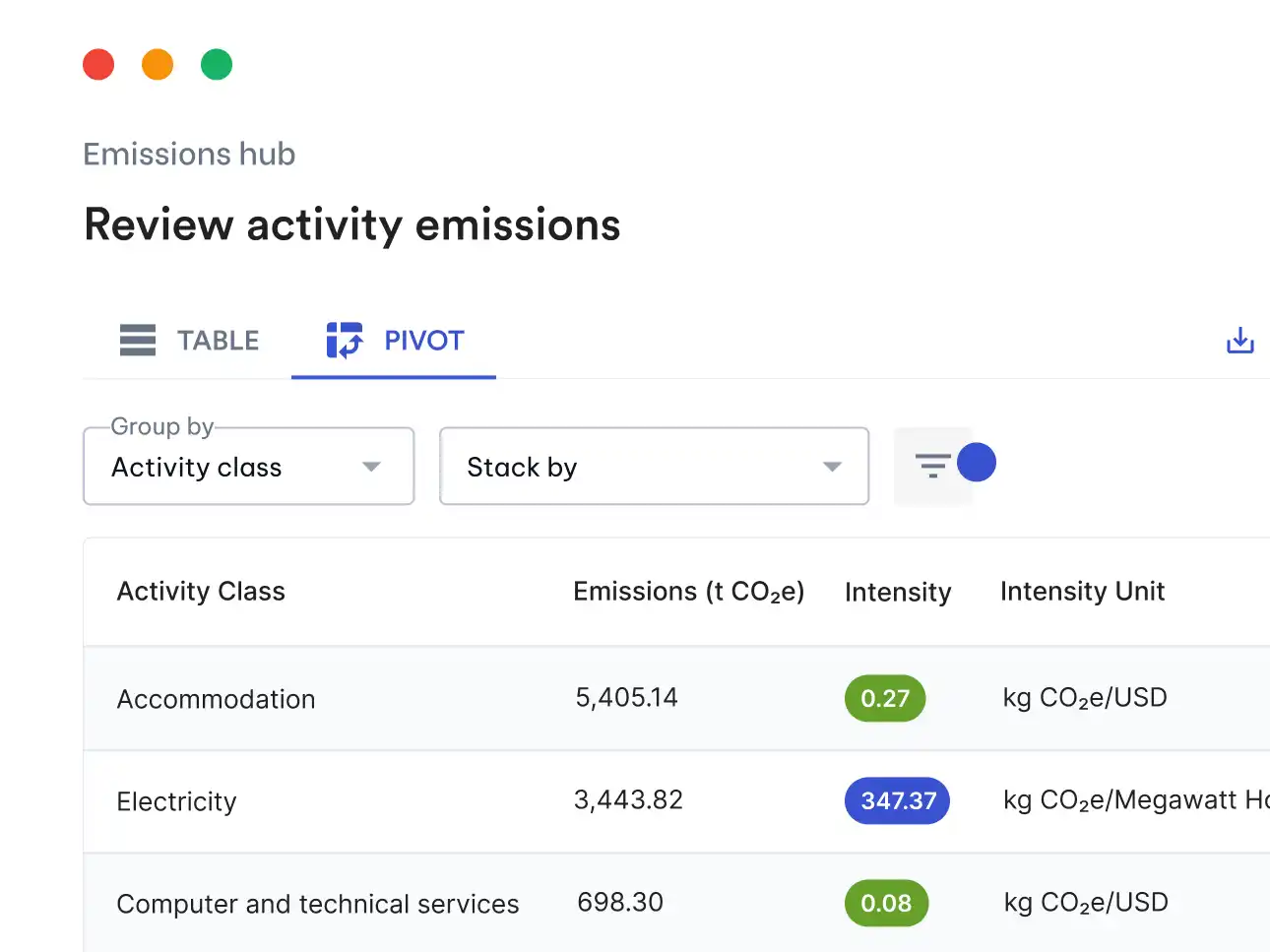The Global Reporting Initiative (GRI) is an independent, international non-governmental organization (NGO) that helps businesses, governments and other organizations understand their impacts on the environment, economy, and society, by providing them with a global common language to communicate those impacts with the world.
Read on to learn about GRI’s history, why its guidelines are considered a global benchmark, and the impact GRI has had on sustainability reporting and the world at large.
Why was GRI founded?
Public outcry over the Exxon Valdez oil spill served as a catalyst for the formation of GRI. On March 24, 1989, Exxon Valdez, an oil supertanker owned by Exxon Shipping Company bound for California struck Prince William Sound's Bligh Reef, 2.4 km west of Tatitlek, Alaska and spilled 10.8 million US gallons (or 37,000 tonnes) of crude oil into the water over the next few days. The region is a habitat for various wildlife species, including salmon, sea otters, seals, and seabirds, and the spill affected 2,100 km of coastline, of which 320 km was moderately to heavily oiled.
The spill is the second largest in U.S. waters, after the 2010 Deepwater Horizon oil spill, and it remains one of the most devastating environmental disasters in history. As of December 15, 2009, Exxon had paid $507.5 million in punitive damages. As that was only 1/10th of the original punitive damages, it reinforced the importance of putting strong environmental protections in place to prevent such disasters from ever happening in the first place.
When was GRI founded?
GRI was founded in 1997 by CERES and the United Nations Environment Programme (UNEP) to develop a global standard for sustainability reporting. According to GRI, its aim was to create the first accountability mechanism to ensure companies adhere to responsible environmental conduct principles, which was then broadened to include social, economic and governance issues.
What are the GRI Standards?
In 2016, GRI launched the GRI Standards, a global standard for sustainability reporting, which has helped to standardize and improve the way that organizations measure, report and communicate their sustainability goals, progress and performance to the public. Importantly, these global standards were designed to ensure that the information reported is relevant, reliable, and comparable.
The GRI Standards are used by a wide variety of organizations, from small businesses to large multi-national corporations, to voluntarily report their sustainability performance on an annual basis. The standards help organizations identify, measure and report on a wide range of sustainability topics such as greenhouse gas emissions, water use, human rights, diversity and inclusion, supply chain management, and corporate governance.
Through the GRI Standards, organizations are able to gain insights into the economic, environmental and social impacts of their operations and take action to reduce their negative impacts. Through its standards, GRI encourages organizations to take responsibility for their actions and to focus on long-term sustainability. The Standards also encourages organizations to engage with stakeholders, such as employees, customers, and communities, to understand their expectations and how they can improve their sustainability performance.
The GRI Standards have since become the most widely used sustainability reporting standards in the world. It is used by over 10,000 organizations in nearly 90 countries to measure and report on their economic, environmental and social impact.
What other services does GRI offer?
In addition to the GRI Standards, GRI offers a range of services to help organizations measure, manage, and report their sustainability performance. These services include:
- Access to data and information on sustainability trends and best practices, including the importance of transparency and disclosure.
- Guidance, training and online resources to help organizations understand the GRI Standards.
- Online tools, guidance, and a membership program to help organizations create accurate, high-quality, and comprehensive GRI reporting.
- Support from GRI-certified professionals to help organizations develop their reporting processes.
- Support to help organizations become GRI certified, which verifies that an organization is compliant with the GRI Standards and has accurately reported its sustainability performance.
- Networking and collaboration opportunities to share experiences and knowledge.
How is GRI structured?
GRI headquarters and secretariat is in Amsterdam, and although GRI is independent, it remains a collaborating centre of UNEP and works in cooperation with the United Nations Global Compact.
GRI is committed to promoting multi-stakeholder governance and has put in place a governance structure that ensures the voices of all stakeholders – including civil society, business, investors and governments – are heard. It has governance bodies that oversee the development of its Sustainability Reporting Standards, and those that oversee the engagement and enhancement portions of its activities. Incredibly, all members of GRI’s governance bodies contribute their time and expertise on a voluntary basis.
GRI also has seven regional offices strategically located around the world that provide local insight, while helping to advance reporting and responding to the needs of local stakeholders at both the regional and country level. These offices are located in Brazil, China, India, USA, South Africa, Columbia, and Singapore.
This multi-stakeholder governance structure ensures that the voices of all stakeholders are heard and helps to ensure that the GRI Standards remain relevant and responsive to the changing needs of the global economy.
How is GRI funded?
GRI is funded by a combination of sources. The majority of funding comes from commercial services, events, corporate engagements and membership fees from organizations that use the GRI standards. GRI also receives revenue from the sale of publications and services related to sustainability reporting. Around 40% is provided by program grants from various foundations, governments and other organizations.
The funds are used to support the GRI’s operations, as well as research and development of new standards and guidelines. Because GRI’s funding does not rely on one majority interest or funder, its funding model allows GRI to set truly independent sustainability reporting standards.
GRI’s ongoing impact
GRI is committed to promoting economic sustainability and creating a more transparent, equitable and sustainable global economy. By working with governments, civil society and other stakeholders, GRI ensures that reporting standards are continuously evolving to meet the needs of the ever-changing sustainability landscape. And by encouraging organizations to adopt its rigorous standards for sustainability reporting – with excellent support and guidance – GRI ensures that companies around the world are held to the highest standards when it comes to reporting their economic and environmental performance.
GRI has had a major impact on sustainability reporting, and has been instrumental in driving overall sustainability around the globe. As the world continues to grapple with the challenges of climate change and resource depletion, GRI is well-positioned to play an even bigger role in the future.





